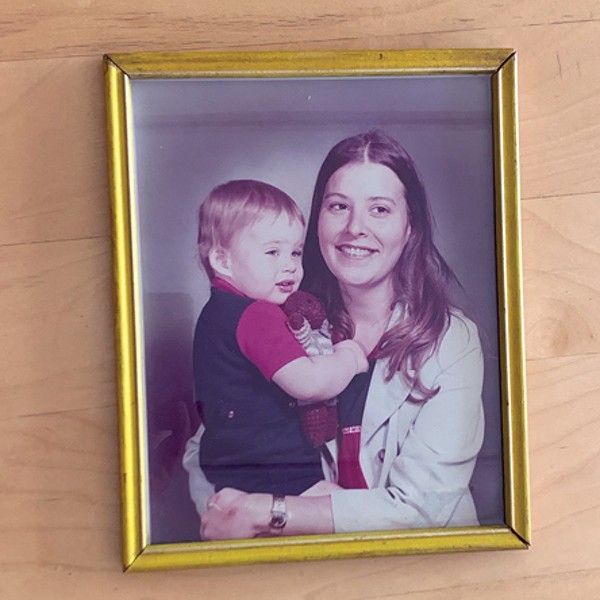Algonquin Books of Chapel Hill, 2007, $12.95
In his award-winning debut novel, Responsible Men, Edward Schwarzschild describes the ingredients for a perfect Philly cheesesteak: “Fresh rolls from D’Ambrosia Bakery, warming in the oven. Thin steaks sizzling on the grill, right beside piles of chopped sweet onions, browned for hours. Homemade tomato sauce bubbling away in a pot on the stove.” Caleb, an old man who has just lost his brother, savors his Supreme cheesesteak, “the sting of the peppers, the sugary onions, the richness of tomato sauce. He took small bites, wanting to make it last.”
That’s how you should read Schwarzschild’s new short story collection, The Family Diamond: in small bites, savoring its richness, making it last. This collection provides real emotional, intellectual, and aesthetic nourishment, never offering simplistic resolutions to complex situations. Confronting family crises, characters hover between grief and solace. An elderly couple faces heart surgery and sudden blindness. Siblings squabble while visiting their terminally ill mother. A wife leaves her husband, stealing a pickup truck along the way. The final story tilts the balance toward hope, giving readers a glimpse of the joyous rejuvenation of Mildred and Charles Diamond, the bubba and zayde who appear in four stories. We want to believe in this miracle, but Schwarzschild does not allow easy comfort. Even the angelic figure who delivers a dream-message to Mildred is fallible. “I’m missing a wing,” he says. “I fall down whenever I try to fly. You wouldn’t believe how many broken bones I’ve had.”
Part divinity, part stumblebum, this single-winged angel is a quintessential Schwarzschild character. Many other wonderful characters people The Family Diamond as well, among them the “middlemen” who also play key roles in Responsible Men—old-school sales/con men who walk a tightrope all their lives, perpetually swinging between respectability and scam. In “No Rest for the Middleman”: “God keeps track. Every year, during the ten days between Rosh Hashanah and Yom Kippur, he sits high above with three giant books open on his desk: the Book of Life, the Book of Death, and the Book of Those-Who-Are-in-the-Middle.” Everyone in these stories occupies the uneasy middle ground. Everyone dreams big and everyone knows that failure is just a breath away. Like the faded dragon kite in “Reunion,” happiness is “fragile as a blown bubble.” Charles Diamond thinks, “Maybe, finally, loss is all we can count on.” He then adds, “What has been lost is not necessarily gone.” Afflictions abound. But so do joys. Affections abide. Families, in one form or another, endure.
Nothing is so difficult to write well as a realistic story about ordinary people. Schwarzschild, an associate professor at the University at Albany and fellow at the New York State Writers Institute, creates nine such stories here. He does it without trickery. He doesn’t need fancy narrative footwork. No smoke. No mirrors. Nothing up the writer’s sleeve. Nothing on his sleeve, either, except for his heart. Schwarzschild’s stories have great heart. And great art—art that is all but invisible. In prose so elegant and so transparent that you hardly notice it, these stories simply unfold before your eyes, compelling and utterly real.

















